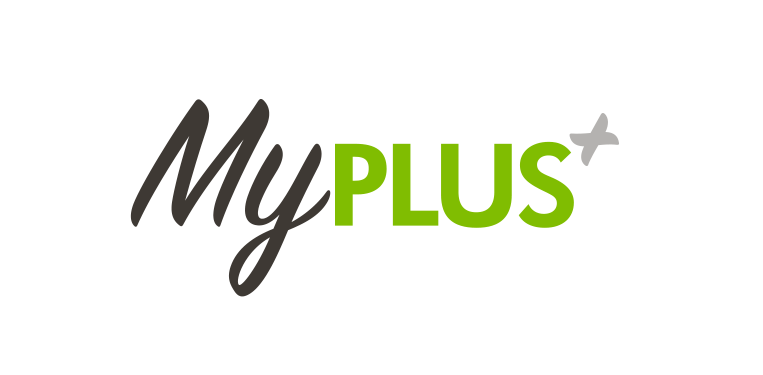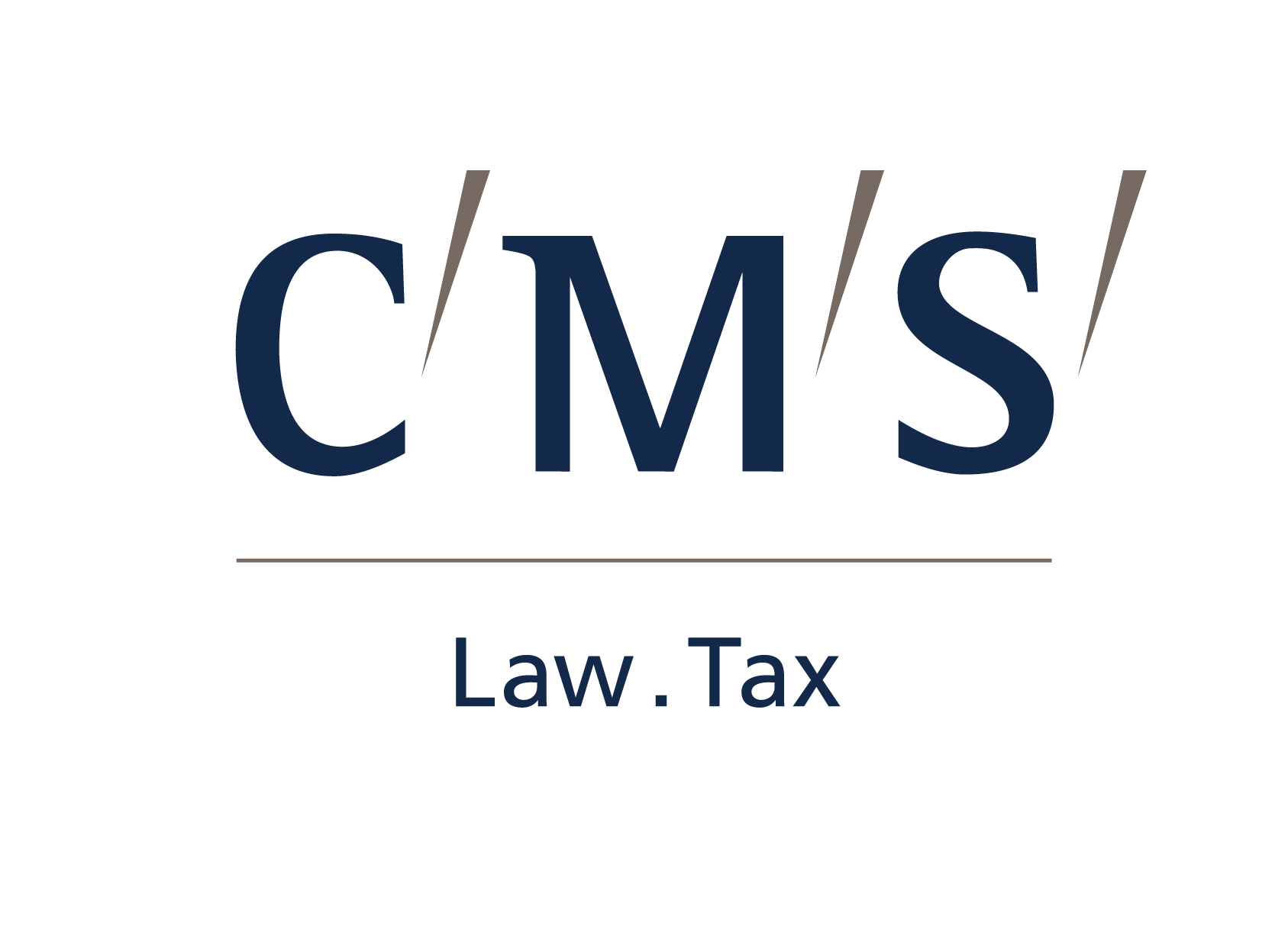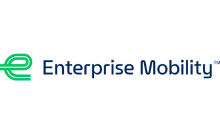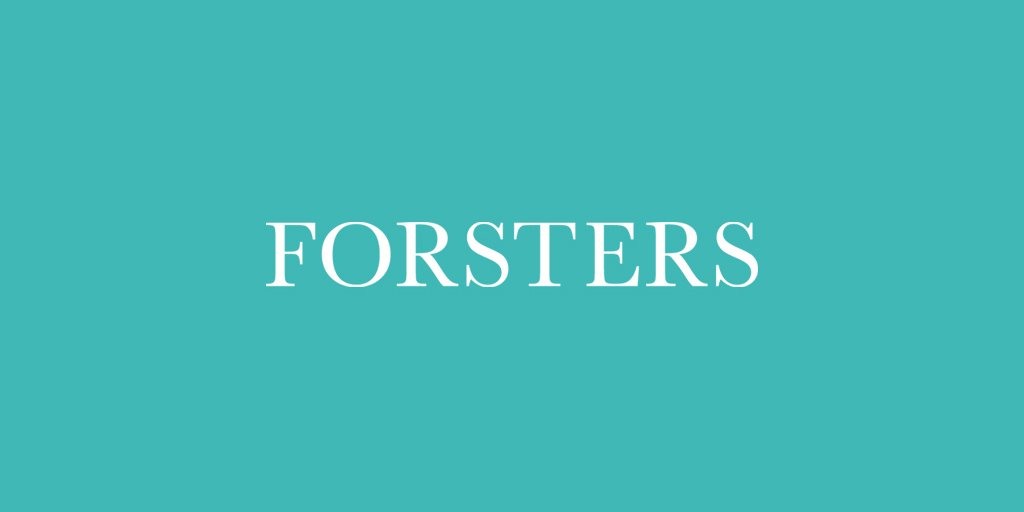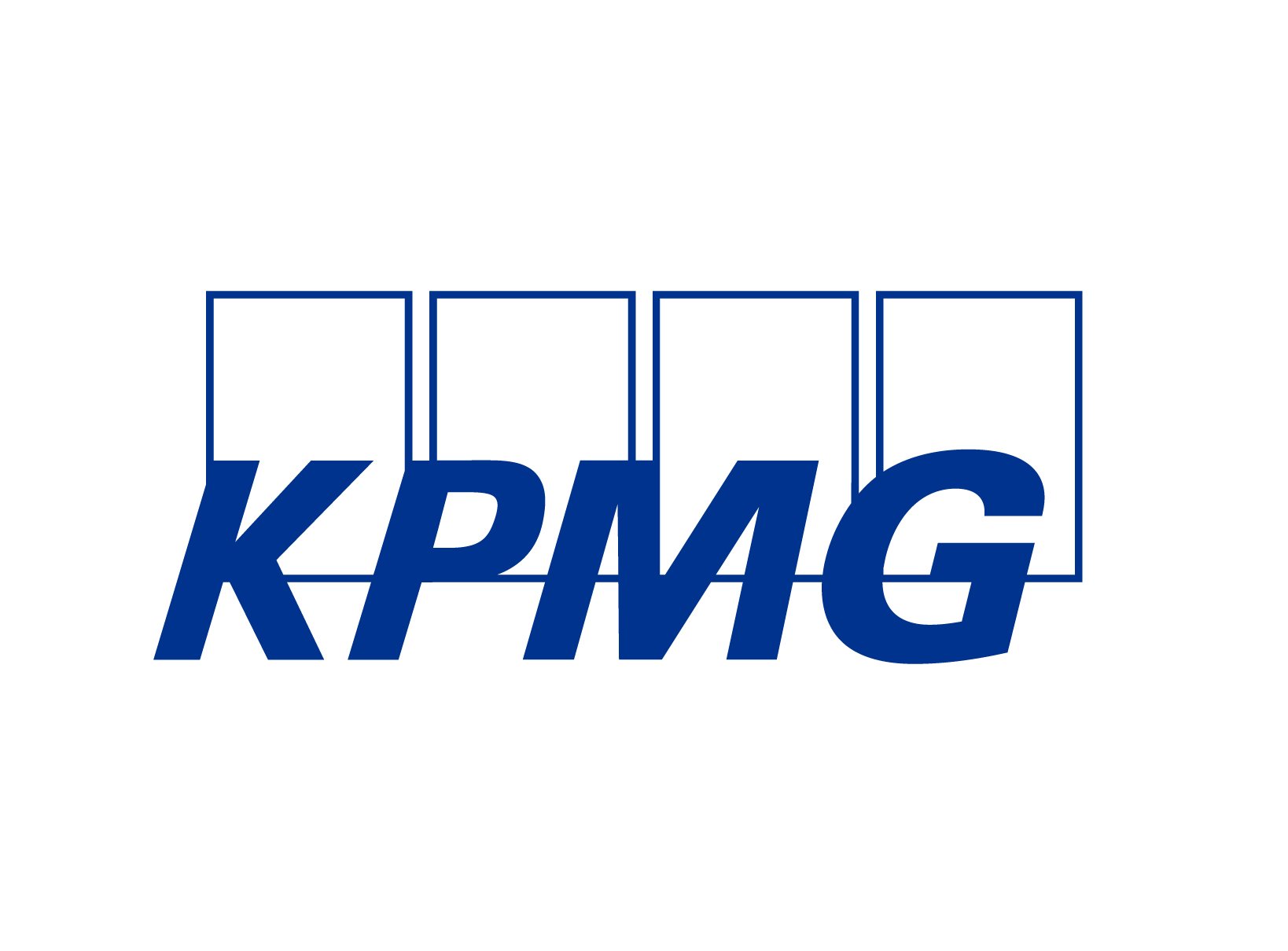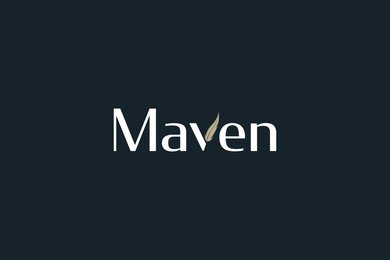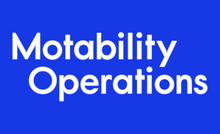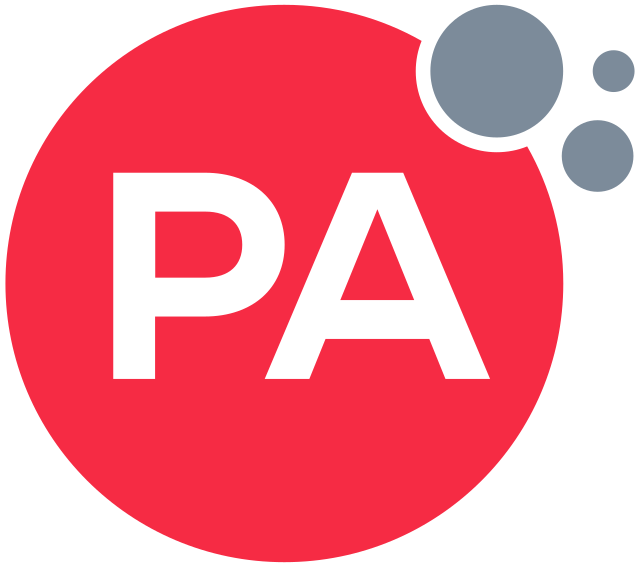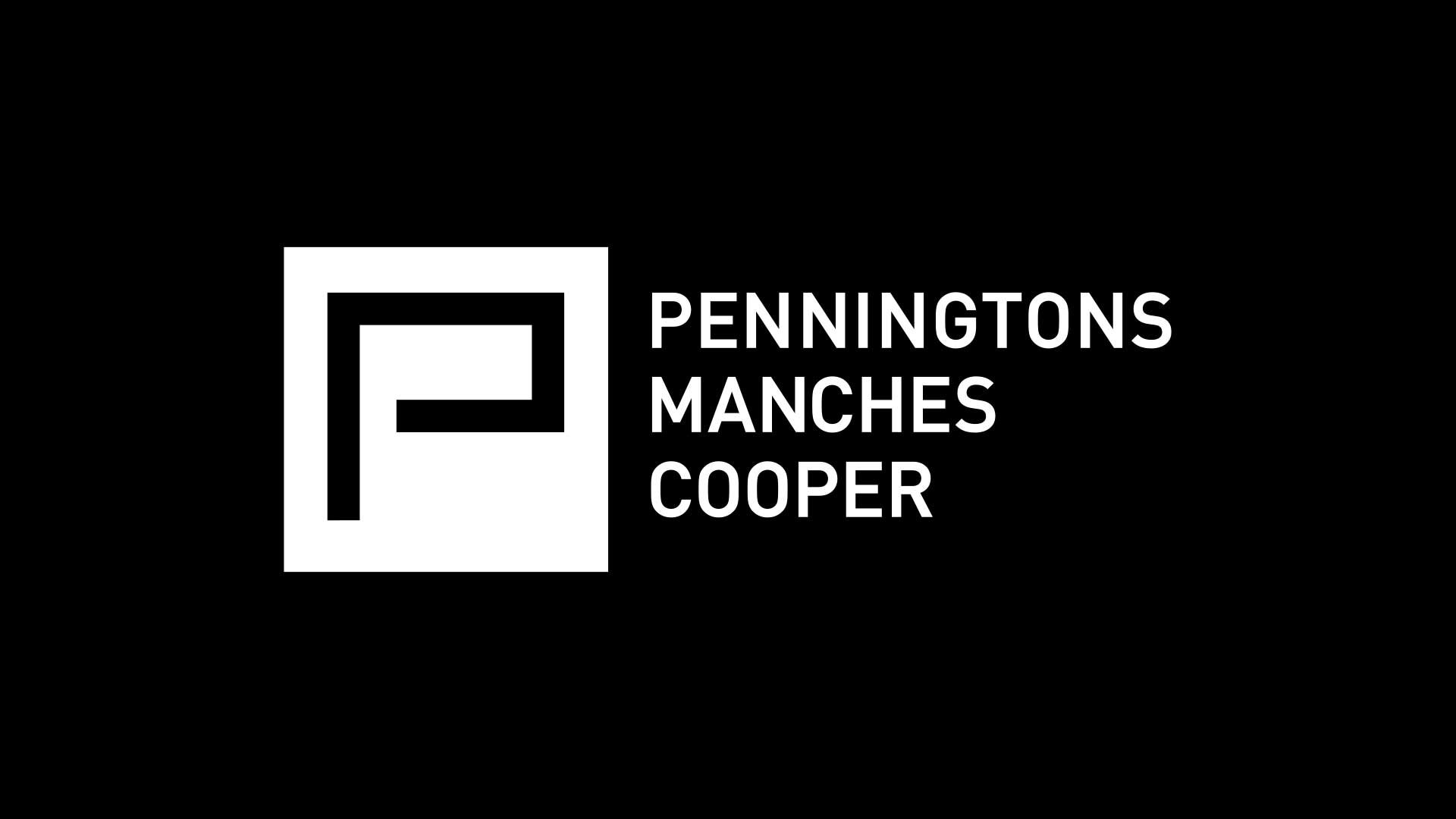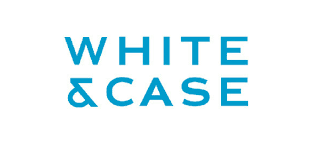With 16% of students in UK universities having a disability, including long-term health conditions and neurodiverse conditions, employers recognise that to ensure they are recruiting the best talent they need to focus on being inclusive of disabled students.
The importance of training in building a disability confident workforce
Of all the diversity strands disability is typically the last one employers focus on as it is seen to be the hardest and where they lack the most confidence. However, with 21% of the working age population having a disability it is no surprise that an increasing number of employers are recognising and valuing the talents that disabled individuals can bring to the workplace and focusing on becoming a disability inclusive organisation.
Turn your disability into your 'plus'
Top tips for employing disabled students
Providing evidence & demonstrating commitment for Disability Confident Leadership
The UK Government Disability Confident scheme is an accreditation scheme which aims to help employers make the most of the opportunities provided by employing disabled people. The Disability Confident scheme has 3 levels that have been designed to support employers on their Disability Confident journey.
Retention is just as important as recruitment when it comes to disability employment
If your recruitment is slowing with the current uncertain economy, now is the perfect time to focus your attention on the retention element of disability employment and to review how you support and develop disabled employees to encourage them to stay. This will not only benefit your current disabled employees as well as other non-disabled employees who may become disabled whilst working for you, it will make you even more attractive to any future disabled candidates.
5 areas of your recruitment process to review to ensure disability inclusion
Few employers still need convincing of the talent that exists among disabled individuals, with most organisations aware that to overlook this talent pool is to miss out on bright, motivated and able individuals. Instead, the challenge lies in what it actually means to have an inclusive resourcing process? And how can recruiters be certain that this is the case in their organisation?
Understanding more about mental ill health and employment
Every year as part of our MyPlus Recruiters’ Club calendar we run an event on mental health and employment, and every year it is one of our most popular events amongst our employer members. This year was no exception. To help employers understand more about the challenges that early career individuals with mental ill health face and what can be done to support them during recruitment and in the workplace we were joined by experts working in mental health as well as those with first-hand experience of mental ill health.
Progressing disability confident employment
People are an organisations most valuable asset and business success is dependant on the ability to include and harness the unique talents of everyone, including individuals with a disability. Most progressive organisations will understand that disabled individuals have developed skills and talents to help them manage their disability, many of which are of great value to, and sought after by, employers.
8 easy ways to make your workplace more disability-inclusive
Cai shares his thoughts on what employers can do to make the workplace more inclusive for employees with disabilities. Cai developed Guillain Barre Syndrome, fibromyalgia, and a functional neurological disorder in his first year of university, and since then has launched Law According To A King (a legal blog and podcast, as well as an enrichment course for sixth formers), worked on international human rights research projects, and advocated for LGBTQ+ and disability inclusion.
